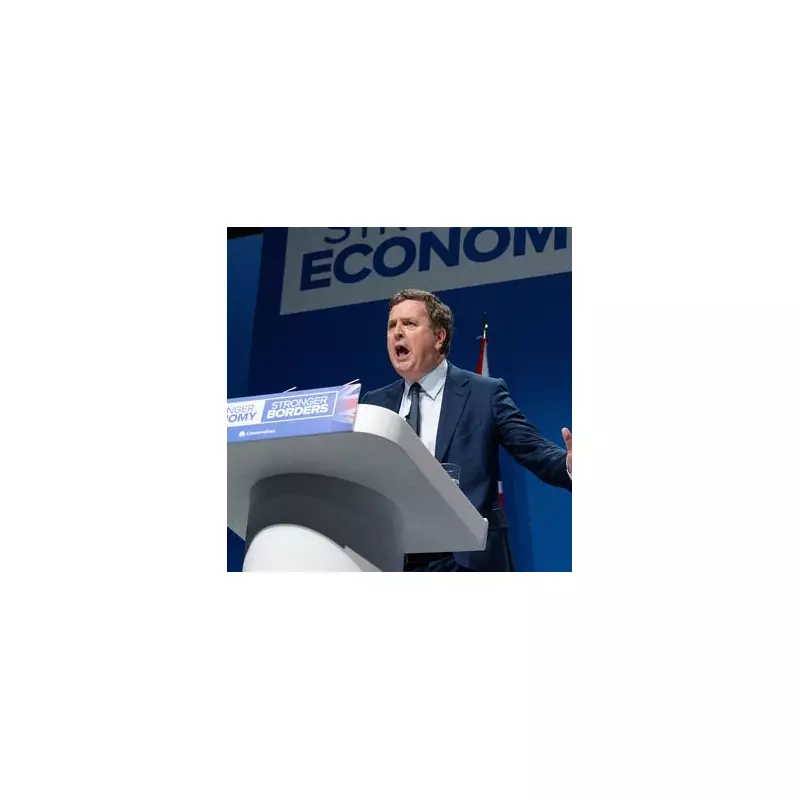
Chancellor Rachel Reeves is confronting growing internal rebellion within her own party as Labour MPs intensify demands to scrap the controversial two-child benefit limit, branded as one of Britain's "cruellest" welfare policies.
Newly released government statistics paint a stark picture of the policy's impact, revealing that a staggering 1.6 million children across the UK are now affected by the cap—an increase of 100,000 in just one year. The figures have ignited fresh outrage among backbench Labour MPs and anti-poverty campaigners who argue the policy contradicts the government's commitment to tackling child poverty.
The Human Cost of the Cap
The two-child limit, introduced by the Conservative government in 2017, restricts child tax credit and Universal Credit to the first two children in most families. Campaigners estimate that removing the policy would lift approximately 250,000 children out of poverty immediately, while putting an average of £3,200 per year back into the pockets of affected families.
Bethany, a mother of three from Birmingham, shared her family's struggle: "We're constantly having to choose between heating and eating. The government says it wants to support families, but this policy punishes children for simply existing. It feels like we're being penalised for having a third child."
Growing Pressure Within Labour Ranks
Despite the mounting evidence of the policy's devastating impact, the Chancellor has so far resisted calls for its abolition, citing fiscal constraints and the need for "tough choices" in the current economic climate.
However, senior Labour figures are breaking ranks. Zarah Sultana, MP for Coventry South, declared the policy "indefensible," stating: "We were elected to make a difference, not to maintain cruel Tory policies. Lifting this cap would be one of the most effective ways to tackle child poverty overnight."
The opposition isn't limited to backbenchers. Several shadow ministers have privately expressed concerns about maintaining what many consider a fundamentally unfair policy.
Economic Arguments vs Moral Imperatives
Supporters of removing the cap point to research showing that the long-term costs of child poverty—including impacts on health, education and future employment—far outweigh the immediate savings from the policy.
Dr. Sam Royston from the Children's Society emphasised: "This isn't just about morality—it's about economic sense. Children growing up in poverty cost the state far more over their lifetimes through increased demand on health services, social care and reduced economic productivity."
As the autumn budget approaches, all eyes will be on whether the Chancellor heeds the growing calls within her party or maintains the current position, potentially risking the government's credibility on social justice issues.





